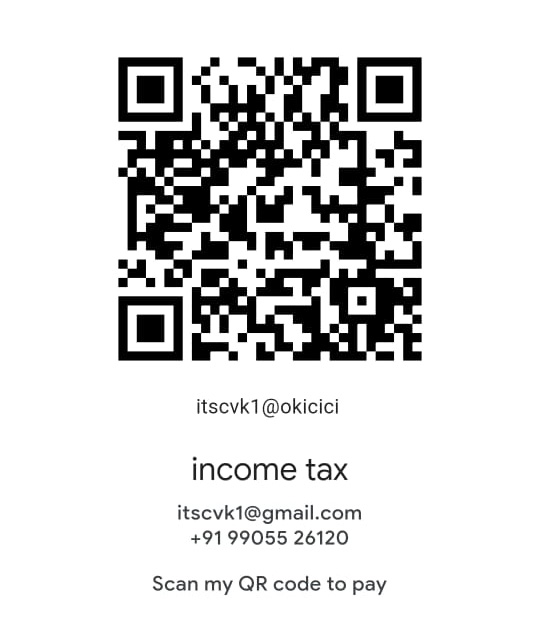What is Income-tax?
It is a tax levied by the Government of India on the income of every person. The provisions governing the Income-tax are covered in the Income-tax Act, 1961
What is the administrative framework of Income-tax?
The revenue functions of the Government of India are managed by the Ministry of Finance. The Finance Ministry has entrusted the task of administration of direct taxes like Income-tax, Wealth tax, etc., to the Central Board of Direct Taxes (CBDT). The CBDT is a part of Department of Revenue in the Ministry of Finance.
CBDT provides essential inputs for policy framing and planning of direct taxes and also administers the direct tax laws through the Income-tax Department. Thus, Income-tax Law is administrated by the Income-tax Department under the control and supervision of the CBDT.
What is the period for which a person’s income is taken into account for the purpose of Income-tax?
Income-tax is levied on the annual income of a person. The year under the Income-tax Law is the period starting from 1st April and ending on 31st March of next calendar year. The Income-tax Law classifies the year as (1) Previous year, and (2) Assessment year.
The year in which income is earned is called as previous year and the year in which the income is charged to tax is called as assessment year. e.g., Income earned during the period of 1st April, 2018 to 31st March, 2019 is treated as income of the previous year 2018-19. Income of the previous year 2018-19 will be charged to tax in the next year, i.e., in the assessment year 2019-20.
Who is supposed to pay Income-tax?
Income-tax is to be paid by every person. The term 'person' as defined under the Income-tax Act under section 2(3) covers in its ambit natural as well as artificial persons.
For the purpose of charging Income-tax, the term 'person' includes Individual, Hindu Undivided Families [HUFs], Association of Persons [AOPs], Body of individuals [BOIs], Firms, LLPs, Companies, Local authority and any artificial juridical person not covered under any of the above.
Thus, from the definition of the term 'person' it can be observed that, apart from a natural person, i.e., an individual, any sort of artificial entity will also be liable to pay Income-tax.
How does the Government collect Income-tax?
Taxes are collected by the Government through three means: a) voluntary payment by taxpayers into various designated Banks. For example, Advance Tax and Self Assessment Tax paid by the taxpayers, b) Taxes deducted at source [TDS] from the income of the receiver, and c) Taxes collected at source [TCS]. It is the constitutional obligation of every person earning income to compute his income and pay taxes correctly.

